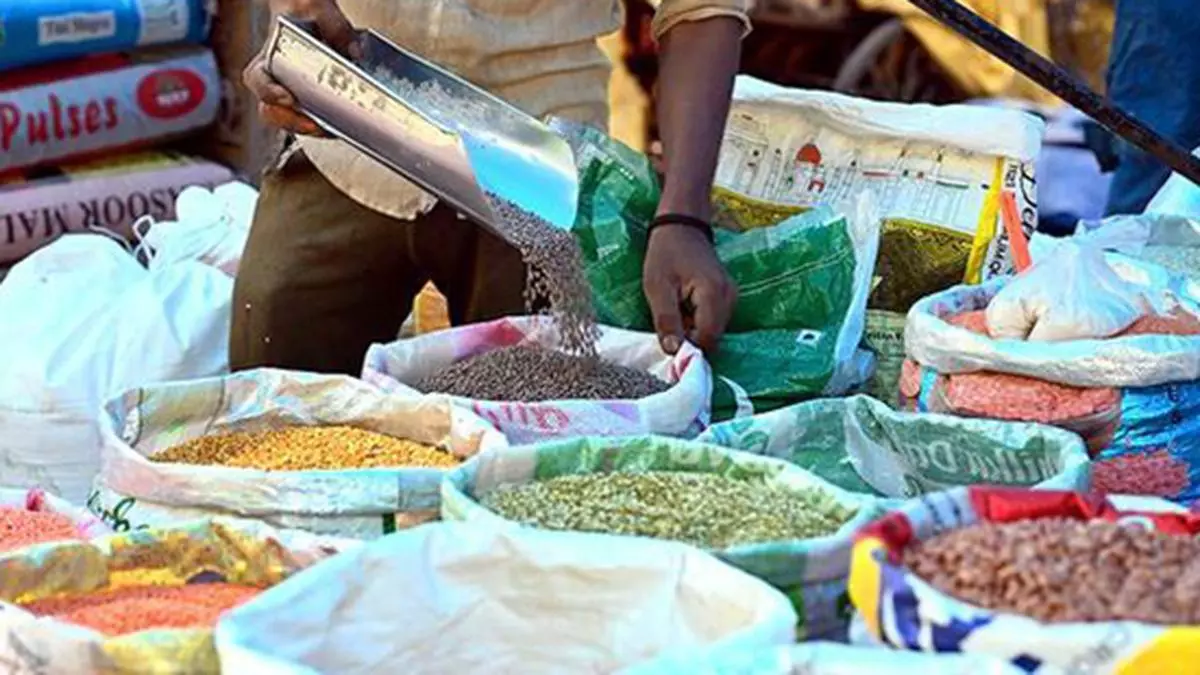Recently, the Centre approved the National Mission on Edible Oil (Oilseeds) with an estimated cost of ₹10,103 crore. The main objective of the mission is to increase domestic edible oil production to 25.45 million tonnes by 2030-31, to meet 72 per cent of the country’s projected domestic requirement. The edible oil sector, and agri-business in general, has been facing several challenges, calling for a policy response.
Availability of raw material: A few agri-business companies depend heavily on imports for their raw material, which are riddled with supply-chain disruptions, exchange rate risk, and geo-political tensions. For instance, edible oil companies in India imported 5.66 million tonnes of crude palm oil from Indonesia and Malaysia in FY2023 — 75 per cent of their annual requirement. Hence, crop diversity may be promoted not only to attain self-sufficiency in edible oil sector but also to preserve foreign exchange.
Post-harvest processing infrastructure: Though India is a leading producer of agri-commodities, the agri-business industry has inadequate infrastructure facilities, runs on obsolete technology, and lacks sufficient breadth/depth in commodity derivatives market. As a result, India exports raw agri-commodities without value addition, which is evident from its low market share in the world’s agri-business industry.
Finance: Barring large corporates, most of the Micro Small & Medium Enterprises (MSMEs) in agri-business industry don’t have free access to institutional finance from banks/financial institutions. Per a study by the National Institute of Rural Development & Panchayati Raj in 2022, approximately 89 per cent of the SMEs depend on informal finance, with average interest rate being 18 per cent p.a. Therefore, free access to finance, affordable interest rate, and collateral-free loans through Trade Receivables Discounting System (TReDS) may be great enablers for the agri-business industry.
Quality manpower: Since few Indian universities/institutes offer market-driven agri-business courses, the industry suffers from availability of skilled manpower and qualified professionals. The Centre can give autonomy to certain higher educational institutes to churn out more agri-business professionals.
Marketing of inputs: As Indian agri-business industry is fragmented, spurious seeds, fertilizers, and pesticides are being sold to gullible farmers. Therefore, continuous training and capacity building of farmers need to be undertaken through awareness campaigns, field exposure visits, and extension services.
Research: Agri-business industry in India has few large players and hardly any Indian MNCs. Besides, small landholdings and low purchasing power of Indian farmers deter the industry from supplying efficient inputs, all of which are not available at affordable prices. Hence, promotion of collectives like cooperatives and farmer producer organizations (FPOs) will be the right steps in this direction. Public-private partnerships in commercialization of R&D should be facilitated.
Climate change: Increased dependence on renewable energy, focus on climate resilient crops/technologies, and adoption of good ecological farming practices by following advanced agri-based economies like Denmark, Finland, and New Zealand should be the way forward.
The agri-business industry was estimated at ₹90.22 lakh crore in 2023 and set to touch ₹227.06 lakh crore by 2032 with a Compounded Annual Growth Rate of 10.8 per cent. Therefore, a proper ecosystem is a must.
The writer is Director, Centre for Agri-Business Management, MANAGE, Hyderabad. Views are personal








Leave a Comment